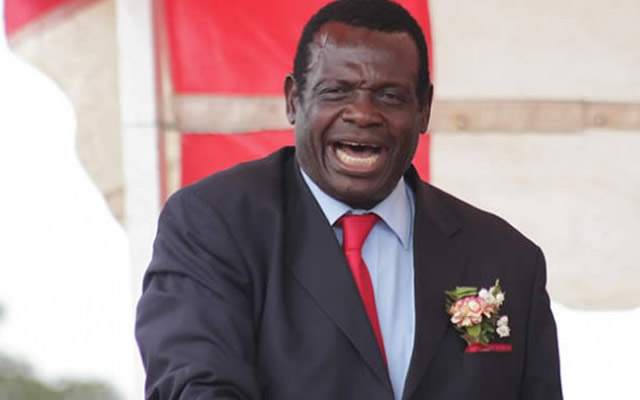EDITORIAL COMMENT: Zesa should never let debts accumulate

Zesa is reluctantly starting to sue its biggest debtors in the courts, but the only part of this decision that will amaze ordinary Zimbabweans, who are now charged in advance and automatically have past debts deducted each month, is why it took so long to get tough. It staggers understanding how Zesa allowed unpaid accounts to accumulate to around $1 billion. If that money was in Zesa’s bank accounts then the extension of Kariba South and the upgrade and extension of Hwange Thermal could be paid for in cash, and being able to call for competitive cash tenders could well result in lower costs.
Any normal utility in other countries does not wait for debts to accumulate for years. They do what Zesa itself used to do. In many places consumers are cut as soon as they are in debt. If they do not pay their bill by the deadline they find they have no power.
This, indeed, is the position where most households and small businesses in Zimbabwe find themselves; if we do not buy pre-paid power then we sit in the dark. There is no alternative and no negotiation. Most old debts from the metered days are now paid off, but the few debtors with prepaid meters find that a chunk of each payment goes to eradicating those debts.
Again no arguments and no debate. Because the deadline for payment of metered energy can be up to two or three months after the energy has been used, big customers still have that advantage of managing their cash flows.
They can read their meters themselves and work out how much they will eventually be charged and roughly when they have to pay, and can plan accordingly. It would be even better if Zesa switched to some sort of smart meter systems, but ones requiring pre-payments or at least monthly deposits, for its biggest customers.
Their tariffs can be complex so the straightforward prepaid system for energy units installed for households and small businesses may not be appropriate. But even the most complex tariff is simply a mathematical formula and so it can be programmed for some sort of pre-payment system.
Switching the “big people” over to a prepaid system, however complex, with automatic surcharges to eradicate past debts would be fair and would result in more careful use of electricity.
Zesa itself has found that the simple prepaid system for the “little people” has not only ensured steady cash flows and the elimination of debts, but has also made consumers aware of how they use electricity and take heed of advice on how to use it more efficiently.
Generally speaking most households have figured out how to cut consumption by an average of 30 percent with no degradation of quality of life. They simply buy the right light bulbs and think seriously how they cook and how they heat rooms and water. Big consumers made to pay regularly without debate will find similar savings.
It is easy to waste when you reckon you are too important to be cut. It is just as easy to be careful when you actually have to pay. So Zesa are right to start getting tougher, but the utility needs to go further and start implementing systems that make it impossible not to pay, even if you are a big customer.









Comments